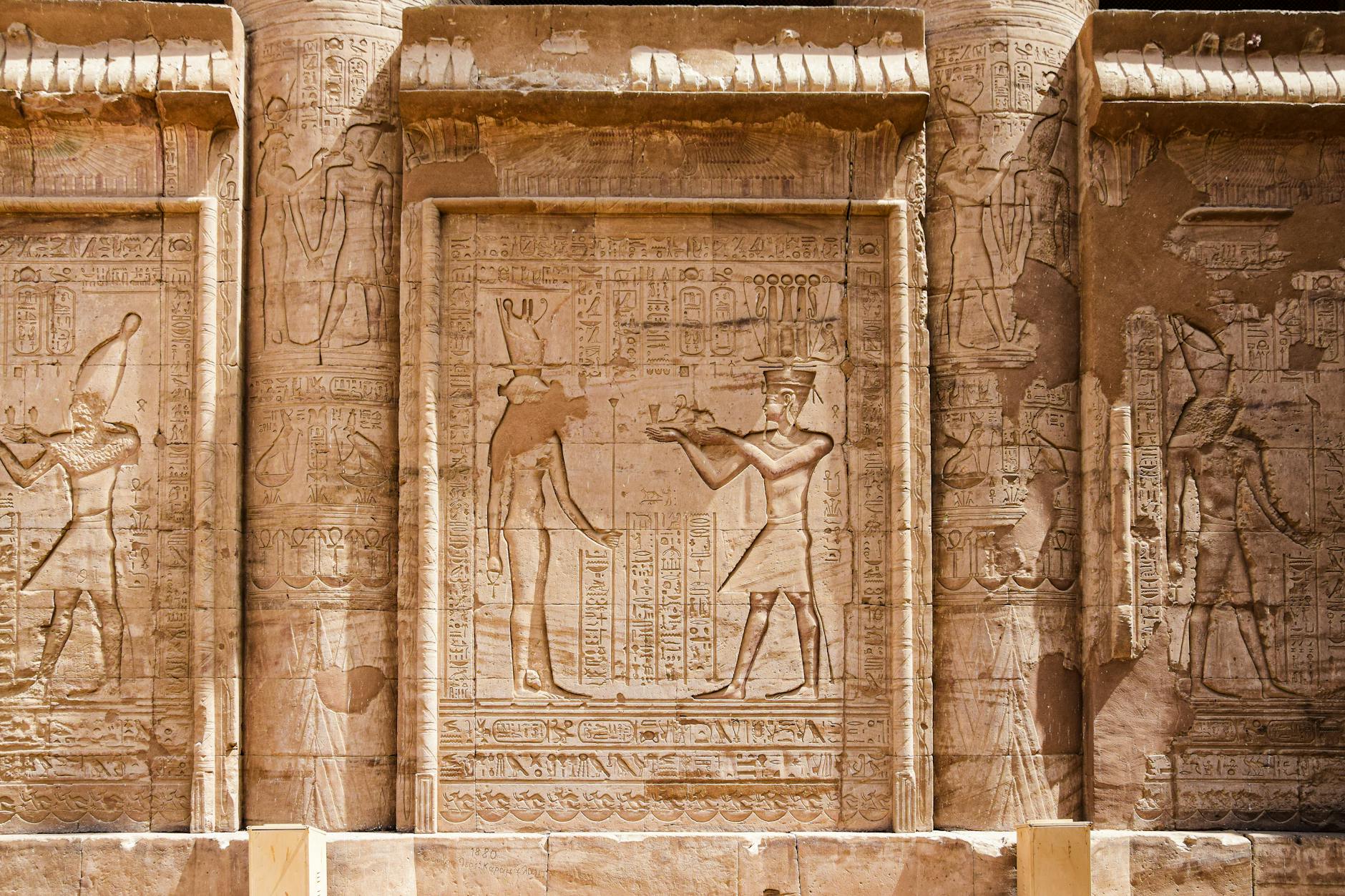Photo by AXP Photography on Pexels
DeepMind’s latest AI, Aeneas, is poised to revolutionize the study of ancient Latin inscriptions. Following the success of its predecessor Ithaca (designed for ancient Greek), Aeneas assists historians by analyzing fragmented and eroded stone engravings. Leveraging scanned images and partial transcriptions, the AI proposes potential dates, geographic origins, and reconstructed text, drawing upon a database of nearly 150,000 inscriptions. According to Google DeepMind researcher Yannis Assael, Aeneas is designed to be a collaborative tool, offering hypotheses and accelerating the research process for historians. A study published in Nature demonstrated Aeneas’s potential, sparking new research ideas for 90% of tested inscriptions and improving accuracy in determining origins. DeepMind has released Aeneas as open-source software, making it accessible to educators, students, museum staff, and academics worldwide. Currently, DeepMind is partnering with Belgian schools to integrate Aeneas into secondary history curricula, with a vision for the AI to eventually assist researchers directly at archaeological dig sites.
